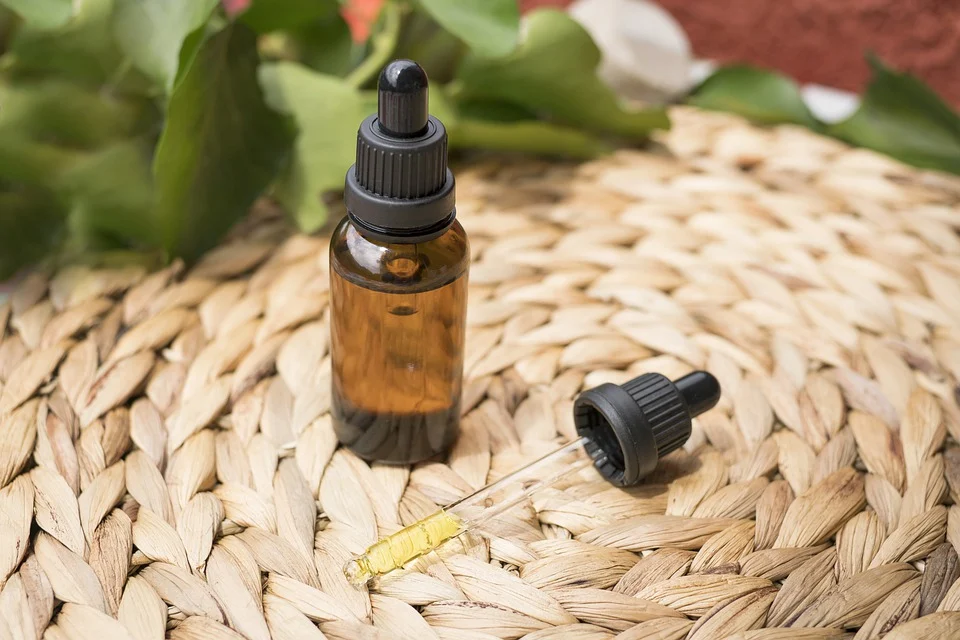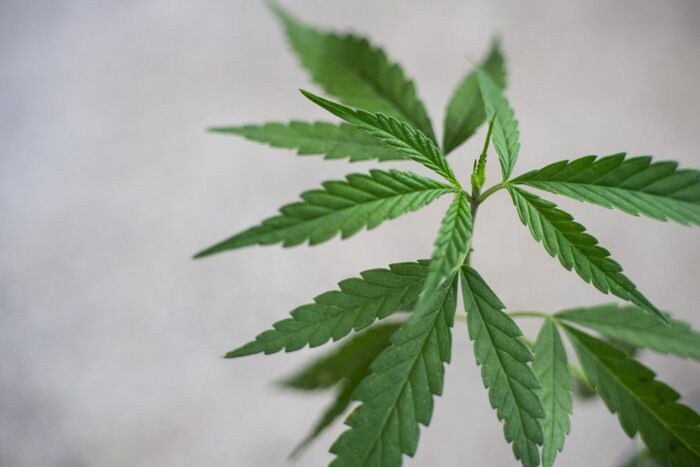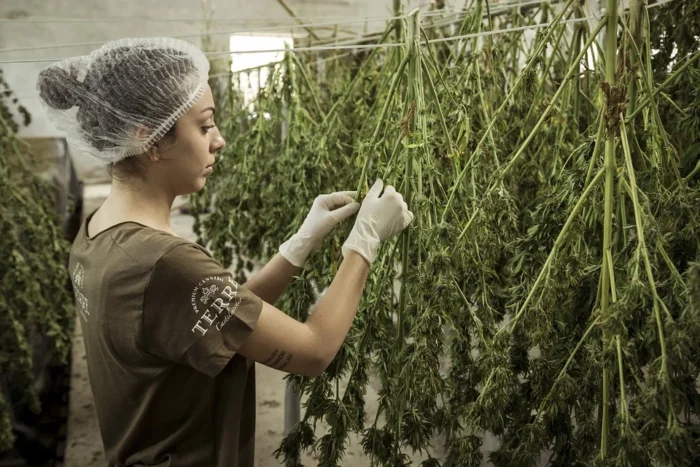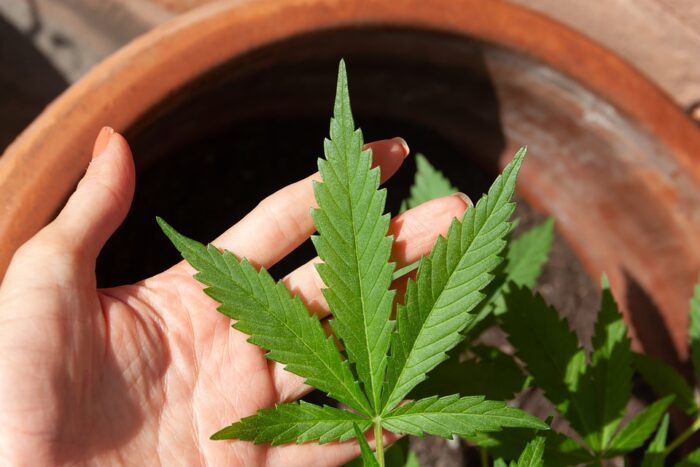
The cannabis industry is growing exponentially, and CBD has proven to be a crucial part of it. As the demand for CBD-oriented products continues to surge, suppliers are struggling to meet the demands. The question arises, what will happen in the future? How will CBD manufacturers compete with each other? Who will survive?
A brief history
The cannabis plant has been used for medicinal purposes for at least 4000 years. It was only in 1940 that it got identified, and its chemical formula (C21H30O2) was revealed. During the Second World War, the US government-funded research on marijuana to search for new medicines which could potentially help them win the war against Japan and Germany.
The research identified CBD as an active compound in the plant which possessed analgesic, anti-inflammatory and anticonvulsant properties. However, it was not until 1963 that CBD isolates were developed by two independent groups of scientists; Mechoulam & Shvo and Zuardi & Guimaraes.

Production is not as simple as it may seem
As of now, many companies are into the production of CBD extracts. Manufacturers such as Foothill Hemp Farms are growers and it is the culmination of their efforts to bring to market the purest CBD. You can check their website here. However, most of the other manufacturers are less efficient than they should be. This is primarily because bulk producers focus more on quantity rather than quality. The result is usually a mix that is neither pure nor potent enough. This makes it challenging to achieve the desired results when using it.
To produce high-quality manufacturers need to take extra care of their plants from when they are grown or bought. Many companies use soil that is not rich enough in minerals and other nutrients needed for plant growth. This leads to the production of sub-par CBD. To make things worse, some companies use cheap hydrocarbon solvents to extract it from the plant material. This practice is not only dangerous for humans; it also makes the final product inferior in terms of potency and effectiveness.
Industrial-grade equipment needed for high-quality production
Many small scale manufacturers do not possess the equipment required to produce CBD in bulk. This is why they end up using low-quality solvents or methods for extraction. The use of industrial machinery can help enhance the potency and purity of it, which ensures that it virtually reaches the customer.

Availability of organic material needed
CBD-rich strains do not grow on trees. To produce high-quality, manufacturers need access to a good supply of material. The more the availability of such material, the more chances there are for an efficient manufacturer to come up with high-quality products that can satisfy people’s needs and demands.
One of the essential things that every CBD manufacturer needs is a safe and legal material supply. Since the cannabis plant is still illegal in most parts of the world, including the US, many CBD manufacturers resort to other means such as industrial hemp to produce CBD extracts.
Legal issues surrounding production
The use of industrial hemp for CBD extraction has been a point of contention between producers and government authorities across the US. The US government allows the use of hemp for research purposes that do not involve extractions. However, many companies are unable to meet this requirement because it is expensive and time-consuming. It also requires a permit from the Drug Enforcement Administration (DEA).
It should be noted that since products fall under dietary supplements in most parts of the country, manufacturers don’t need to obtain a DEA permit. However, there are some regions where extracts come under the purview of different regulations.

Improving regulations governing hemp cultivation
It has been argued that industrial hemp production should be legalized at the federal level in the US because of its benefits for producers and consumers alike. Currently, all 50 states in the US have different laws governing different kinds of hemp products. The good news is that many of these laws are becoming more lenient with time, which means that companies can start producing high-quality CBD extracts without a DEA permit.
The cannabis industry is successfully disassociating itself from its drug-related image and establishing a new reputation in the market. Only time and strategic moves will tell how this will affect the legality of products in the US and their commercialization.
Industrial hemp-derived CBD is legal, according to several court rulings over the past few years. Even though marijuana laws are changing fast, numerous sources claim that it would be difficult for federal agencies to make a case against CBD in the current legal environment.
Industrial hemp is only legally defined as containing less than 0.3% THC, while a psychoactive cannabis plant has much more THC, from 5% to 20%. Though both plants come from the same family, industrial hemp can’t get anyone high because it lacks mind-altering compounds.
CBD can be commercialized, but marijuana remains federally outlawed, the DEA says. However, they have clarified that anyone who uses CBD derived from hemp is free to do so, even for human consumption. The legal status of marijuana varies in different states across the US. Some states are more liberal about its use, while others are more conservative.
Industrial hemp is related to marijuana but doesn’t contain THC, so cultivating it is permissible in many states. Hemp oil-based CBD products might be legal under federal law even if marijuana extracts are not; however, this has yet to be tested before the courts. The DEA only allows the sale of CBD for research purposes, not for human use.

Conclusion
The future of products in the US appears bright on paper. However, it will still take some time before hemp is legally cultivated on a massive scale to meet demand. There are many more hoops to be jumped through first before growers can start harvesting industrial hemp en masse.
The way things are looking right now, CBD derived from industrial hemp might be freely available in the US by 2024. However, it will still be sold as a dietary supplement and not an over-the-counter medication. It is advisable to seek legal advice before buying any CBD product, so you are aware of your rights.








